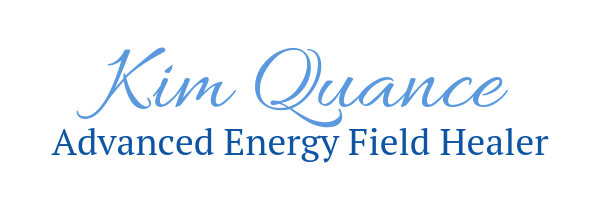Grounding – What is it? How to improve it – and why you need good grounding
Posted on
We are Spiritual Beings, encased in physical bodies, here on the Earth for the purpose of learning, discovering and growing, before we return to the Spirit Realms at the end of our physical life.
As we live on the Earth we are going to ‘create’ – something. Whether that is a business, a child, a relationship or more, we are going to manifest changes in our life and the lives of those around us. To bring more of a sense of stability to ourselves and whatever we are working towards, it is helpful to be ‘grounded’.
‘Grounding’ was a term I heard very early on in my exploration of the more spiritual side of life and energy therapies. But no-one explained exactly what it meant! “Improve your grounding,” I was urged. “You’re not very grounded today,” I was sometimes told. BUT, no real explanation of WHAT exactly ‘grounding’ was or HOW to achieve it and maintain it. I sat through and practiced grounding ‘meditations’ – with little or no understanding of the mechanisms of what I was practicing.
Once I was introduced to the idea of the Human Energy Field it fascinated me and I devoured all the books I could find about it. Barbara Brennan, Anodea Judith, Gill Edwards, Carolyn Myss, C. W. Leadbetter, Alice Bailey, Caitlin Matthews were just a few of the authors I explored. And I began to gradually build my own understanding of ‘grounding.’ Along with Barbara Brennan’s amazing books, my Energy Field Healing training later on in life provided the best understanding of grounding for me.
The Human Energy Field, in very straightforward terms, is like a large egg-shaped bubble that appears to surround the physical body. In fact, it emanates out from deep within the physical body and expands beyond it. When the Field is healthy it should be equally expanded all around us, about arm’s length from the physical. A healthy, expanded Human Energy Field therefore dips down into the ground below a person’s feet! This connection, of the Human Energy Field with the Earth, IS our ‘grounding’, our capacity to be ‘grounded.’
However, in the modern world it can be difficult to maintain an expanded, healthy Energy Field all the time. When we are stressed, traumatised or upset we tend to ‘pull away’ from life emotionally and mentally. This has the result of affecting our Energy Field and it is pulled inwards, closer to the physical body. This is when we can lose our connection to the Earth and become ‘ungrounded.’ As life eases and we relax and calm down the Energy Field relaxes, expands again – and we are grounded once more.
The difficulty is that sometimes life stresses go on for a long time – and being in an ungrounded state for a long time is not healthy or comfortable.
Signs you may not be well grounded
Grounding helps us to feel stable, firm on our legs and secure in ourselves. We find it easier to be focused, to be Present in the moment whatever we are doing. Therefore, it follows that if we are not well grounded our legs can feel weak and we may find it hard to focus. It will be easier for events of life to throw us off, for us to feel overwhelmed or struggle with decision-making.
Its interesting to consider the notion of ‘manifesting’ – creating – related to our grounding.
The more we are connected to the ground the more we are capable of creating what we hope to achieve. Ideas we want to bring into being come into form by creating the energetic pattern of our inner vision in the physical. Only the ground gives you the particles to build mass. Therefore, if you want to manifest something you have to be engaged with the Earth, which means being grounded.
Some methods to help with grounding
Sitting Quietly
Sitting in silence, with your eyes closed, for 5-10 minutes, is a very straightforward way of calming the Energy Field and beginning to allow it to re-ground itself.
Meditation
Any meditation that concentrates on moving energy downwards into the earth will assist with grounding. If you do higher meditations, always take your focus into the ground beneath you at the beginning and again at the end of any meditation. This will help with the meditation itself and will ensure you return more easily and fully to the physical.
Focused Breathing
Using a downward-focused, ‘grounding’ breath while you are sitting quietly or meditating can help.
Physical Exercise
Anything that brings the feet into contact with the ground, particularly when done with intent, can help to improve grounding. Particularly a focused or meditative walk in nature.
Eating/Drinking
Brings the focus back to the physical. One reason why we give a shocked person a cup of tea!
Using grounding crystals
Dark red, earth-coloured or black are generally good for grounding. Hematite, smoky quartz, black obsidian, black kyanite, jasper and others. Hold in the hands, place between the feet, or wear on the body. If the crystals have terminations, point them towards the ground.
* * *
If you’d like to learn more detail about grounding and how to improve your grounding and the grounding of those around you, these and other healing skills are included in:
THE FOUNDATIONAL DIPLOMA IN ENERGY FIELD HEALING
The next course starts in SEPTEMBER 2023. Come and join me.
You can find more details at www.energyfieldhealer.co.uk
